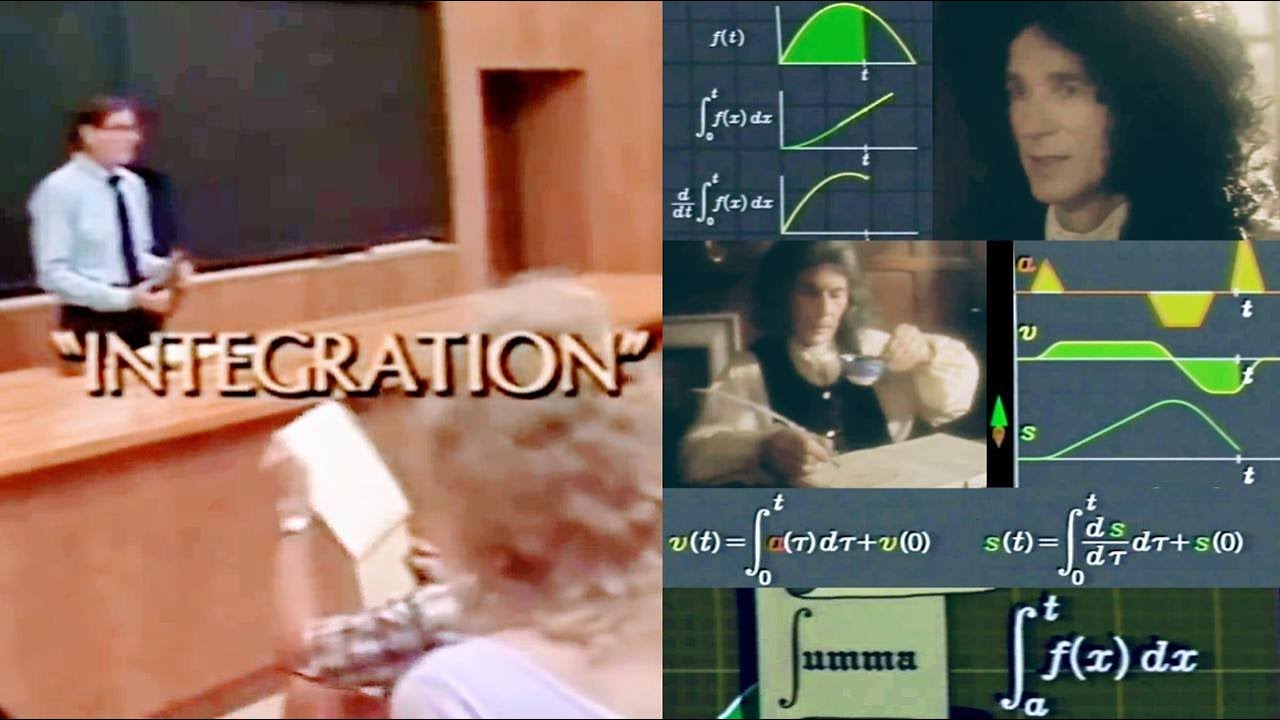Who Was Gottfried Von Leibniz? (Famous Philosophers)
Summary
TLDRThis video continues a series on famous philosophers, focusing on Gottfried Wilhelm Leibniz. Known as a universal genius and one of the inventors of calculus, Leibniz made significant contributions to various fields, including mathematics, philosophy, logic, and more. The video explores his life, education, and notable work, particularly in calculus and the philosophical concept of possible worlds. Leibniz believed that God chose the best of all possible worlds for us to live in, despite any perceived flaws. The video also touches on the rivalry between Leibniz and Isaac Newton over calculus.
Takeaways
- 🧠 Gottfried Wilhelm Leibniz was one of the most prolific philosophers and thinkers in history, contributing to many disciplines.
- 📊 He is known for co-inventing calculus alongside Isaac Newton, though there was a significant dispute over who invented it first.
- 🖋 Leibniz made contributions to mathematics, logic, ethics, probability theory, biology, and many more fields.
- 📚 He wrote over 50,000 documents and corresponded with over 1,000 individuals during his lifetime.
- 📜 A compilation of his complete works began in the early 1900s, but it is expected to take until the mid-21st century to complete.
- 🏫 Leibniz had an extraordinary academic journey, earning multiple degrees in philosophy and law by the age of 20.
- ⚖️ His primary career was in law, politics, and international diplomacy, though his philosophical and mathematical work defined his legacy.
- 🔢 The notation used in modern calculus is largely attributed to Leibniz, despite the Newton-Leibniz calculus debate.
- 🌎 Leibniz's work in philosophy included his theory of modality and possible worlds, proposing that God actualized the best possible world out of infinite potential worlds.
- 😔 Despite his immense contributions, Leibniz fell out of favor later in life and his funeral was poorly attended, with his grave left unmarked for many years.
Q & A
Who was Gottfried Wilhelm Leibniz, and why is he significant?
-Gottfried Wilhelm Leibniz was a prolific philosopher, mathematician, and polymath, considered one of the most significant figures in the history of philosophy and mathematics. He is known for his contributions to many fields, including the invention of calculus, and is often called the last universal genius.
What are some of the fields Leibniz contributed to during his lifetime?
-Leibniz made significant contributions to mathematics, logic, ethics, probability theory, biology, medicine, geology, psychology, theology, linguistics, philosophy, physics, technology, philology, history, law, and politics.
How many documents did Leibniz write, and how extensive is his body of work?
-Leibniz wrote over 50,000 documents throughout his lifetime. Although a compilation of his complete works began in the early 1900s, it is still incomplete, with 57 volumes published so far, representing about half of his total work.
What is Leibniz's connection to the invention of calculus, and what was the controversy surrounding it?
-Leibniz and Isaac Newton both claimed to have invented calculus independently, which led to a heated dispute between the two over who was the true inventor. Today, they are generally considered co-inventors, with Leibniz's notation still in use in modern calculus.
Why did Leibniz fall out of favor later in his life?
-Leibniz fell out of favor largely due to the controversy with Isaac Newton over the invention of calculus, as well as other disputes. This led to many people distancing themselves from him, and few notable figures attended his funeral.
What is Leibniz's contribution to the concept of possible worlds?
-Leibniz's work on modality and possible worlds proposed that there are an infinite number of possible worlds, each without logical contradictions, existing in the mind of God. God chose the best of these worlds to actualize, which is the world we live in.
How did Leibniz view the world we live in compared to other possible worlds?
-Leibniz believed that the world we live in is the 'best of all possible worlds,' meaning that although there are problems in this world, any other possible world would have been worse due to logical contradictions.
What was Leibniz's philosophical outlook regarding the state of the world?
-Leibniz held a philosophical form of optimism, arguing that no matter the issues in the current world, it was the best possible one that could have been actualized by God, as all other possible worlds would have been worse.
How did Leibniz's early education shape his intellectual development?
-Leibniz had access to his father's extensive library from a young age, allowing him to read advanced texts. He entered the University of Leipzig at 15 and achieved multiple degrees by the age of 20, including a doctorate in law, which laid the foundation for his prolific career.
What was the outcome of the dispute between Leibniz and Newton over calculus, and how is it viewed today?
-The dispute over the invention of calculus caused significant tension between Leibniz and Newton, and although Leibniz's reputation suffered during his lifetime, today both are credited as independent inventors of calculus, with Leibniz's notation still widely used.
Outlines

This section is available to paid users only. Please upgrade to access this part.
Upgrade NowMindmap

This section is available to paid users only. Please upgrade to access this part.
Upgrade NowKeywords

This section is available to paid users only. Please upgrade to access this part.
Upgrade NowHighlights

This section is available to paid users only. Please upgrade to access this part.
Upgrade NowTranscripts

This section is available to paid users only. Please upgrade to access this part.
Upgrade Now5.0 / 5 (0 votes)





